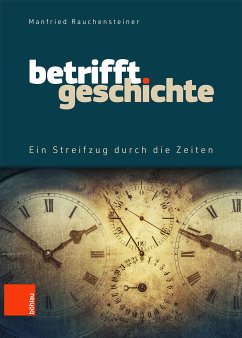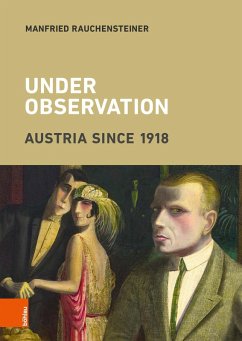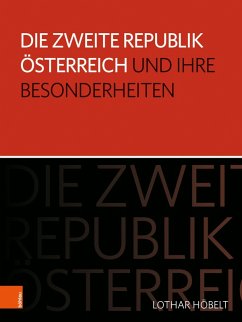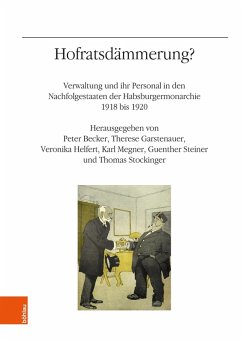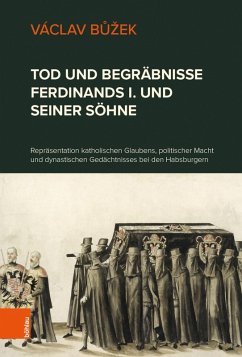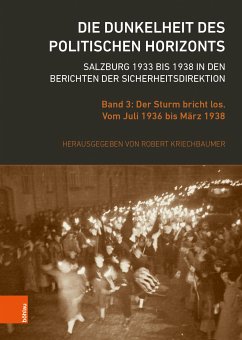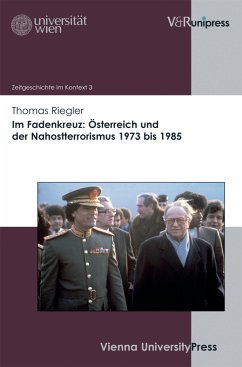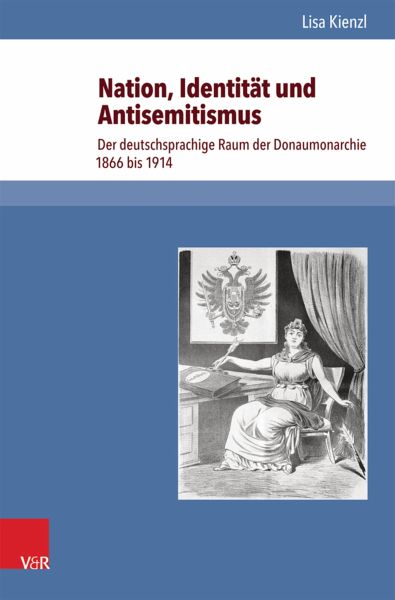
Nation, Identität und Antisemitismus (eBook, PDF)
Der deutschsprachige Raum der Donaumonarchie 1866 bis 1914

PAYBACK Punkte
0 °P sammeln!
During the 19th century parts of the German-speaking population in the Austro-Hungarian Empire saw themselves as part of a German cultural space. During the 1880s conservative parts of the society combined national and anti-Semitic language in the daily press to distances themselves from political liberalism and to form a national identity discourse. But it was only after the development of the Christian-social political mass-movement that the conncetion of national and anti-Semitic concepts in the daily press formed a national identity discourse on a broader societal level. Until 1914 the sup...
During the 19th century parts of the German-speaking population in the Austro-Hungarian Empire saw themselves as part of a German cultural space. During the 1880s conservative parts of the society combined national and anti-Semitic language in the daily press to distances themselves from political liberalism and to form a national identity discourse. But it was only after the development of the Christian-social political mass-movement that the conncetion of national and anti-Semitic concepts in the daily press formed a national identity discourse on a broader societal level. Until 1914 the support of monarchy and dynasty as well as the use of unambiguously national vocabulary strengthened an Austrian national idea.
Dieser Download kann aus rechtlichen Gründen nur mit Rechnungsadresse in A, B, BG, CY, CZ, D, DK, EW, E, FIN, F, GR, H, IRL, I, LT, L, LR, M, NL, PL, P, R, S, SLO, SK ausgeliefert werden.





